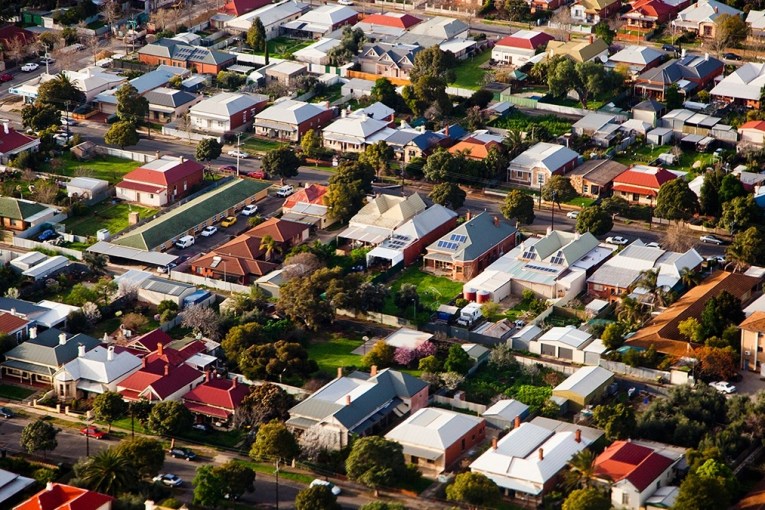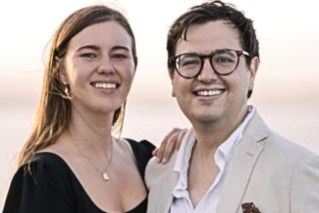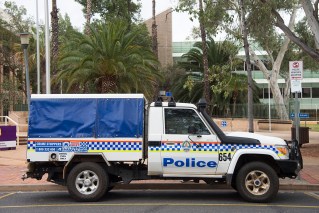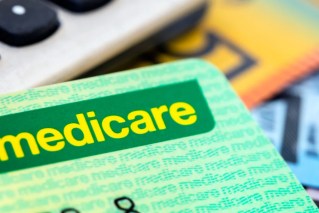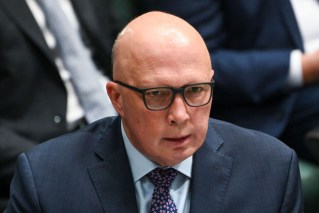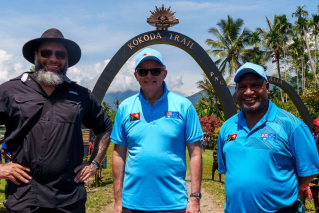Indigenous Voice is ‘wrong and potentially quite dangerous’: Abbott

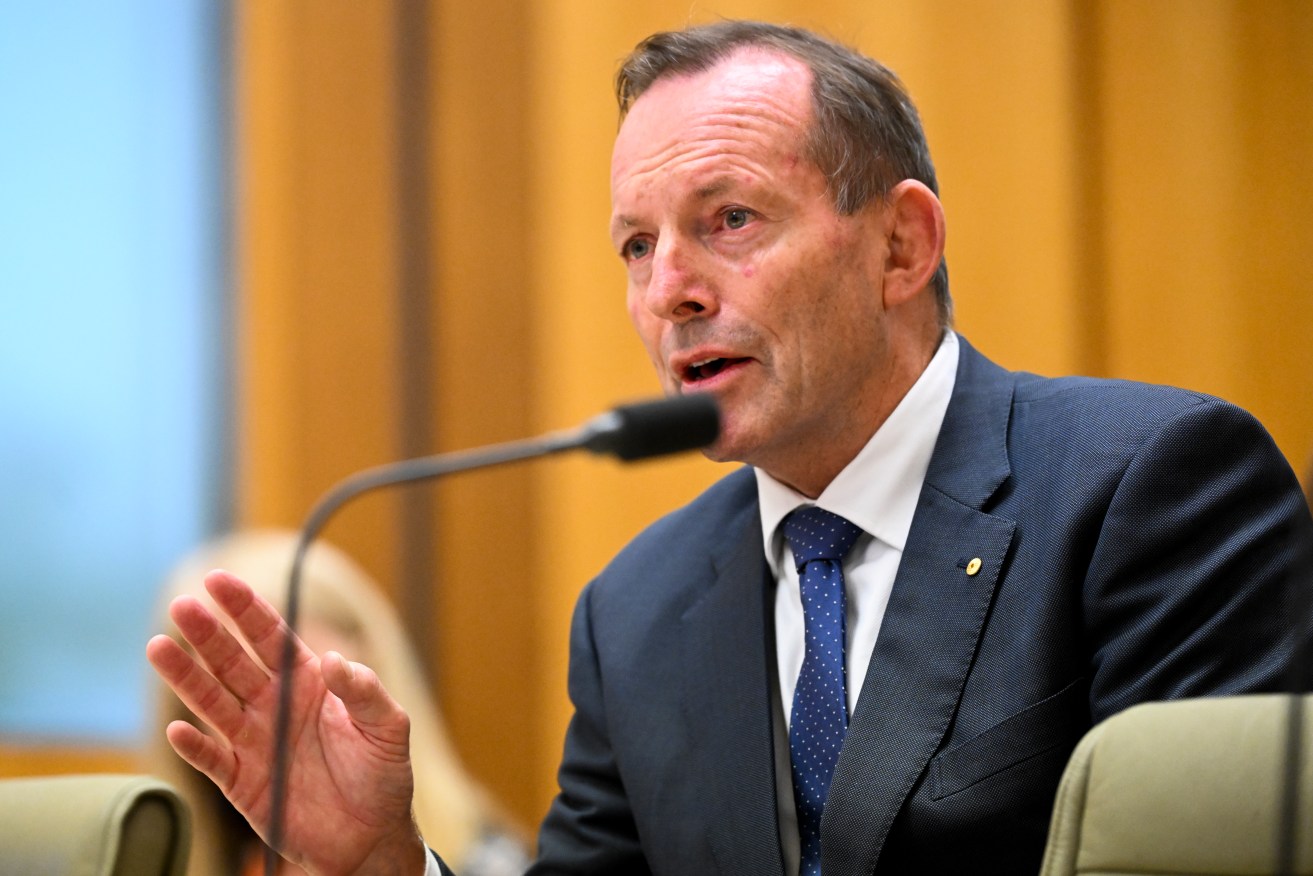
Tony Abbott says he thinks the Voice will divide Australia on the "basis of ancestry". Photo: AAP
Former prime minister Tony Abbott says the Indigenous Voice to Parliament will divide Australia and is “wrong in principle and potentially quite dangerous in practice”.
Mr Abbott was among leader campaigners for and against the Voice to speak at a parliamentary hearing in Canberra on Monday.
He had initially been refused a chance to appear, but the Labor-led committee had a change of heart after Mr Abbott issued a statement asking why he’d been knocked back.
Mr Abbott, a prominent Voice opponent, urged the committee to dump the proposal and start over in a “less partisan way”. He said it represented “a very significant change to our constitution”.
“It needs more attention and scrutiny than it’s getting … this process has been altogether too abbreviated,” he said.
Mr Abbott said the Voice would divide Australia “on the basis of ancestry”.
“I think it’s a mistake to give about 4 per cent of the population more of a say about how our government and parliament works than everyone else. I think that giving this Voice a right to make representations effectively to everyone on everything is going to make government much more difficult than it already is,” he said.
In 2014, while he was PM, Mr Abbott told a fundraising dinner that he was a supporter of constitutional recognition for Indigenous Australians. He said he wanted a referendum to be held in May 2017, but would not commit to a date until he was confident it would succeed.
“I am prepared to sweat blood on this,” he said, saying it was “at least as important as all the other causes this government has been prepared to take on”.
Asked on Monday what had changed, he said the 2023 proposal was about “much more than recognition”.
“I think it’s important that we achieve Indigenous recognition, but this is so much more than recognition; this is about government. I don’t want to change the way we’re governed I just want to acknowledge the fact that Indigenous people were here first and should be respected as the first Australians,” he said.
“If it was me, I would amend the preamble [to the constitution].”
Others to speak at Monday’s inquiry were one of the Voice’s leading architects, Noel Pearson, Geraldine Atkinson from the First Peoples’ Assembly of Victoria, and leading ‘no’ campaigner Nyunggai Warren Mundine.
Mr Mundine said the looming referendum had “silenced people”.
“People are approaching me all the time about it. And they’re scared. And I personally experience it from my investors from the threats and the things that go around and we are supposed to be a democracy,” he said.
“If the ‘yes’ campaign gets up … I will fight for it to be successful. Because even though I am a ‘no’ person, this is a democracy.”
Mr Pearson, who appeared after Mr Abbott and Mr Mundine, said he “can’t understand” criticisms of the Voice. It would be up to politicians to decide what representations they listened to from the constitutional body, he said.
“These are beautiful words. The proposal will adorn the constitution,” he said.
“I haven’t found a compelling reason to change the words the government has introduced into the House…. children of the future will look back on these words and really be proud of the constitution.”
Mr Pearson said many compromises that ‘no’ proponents wanted had already been made.
“They’ve been made over the last nine years and even before that, and all of the compromises have come from Indigenous advocates,” he said.
“[The Voice] honours Aboriginal and Torres Strait Islander people. It’s a safe provision. It’s a provision that meets the needs of Australia and the needs of Aboriginal and Torres Strait Islander people.”
Voice referendum working group member Sean Gordon told the hearing the challenge was putting forward a proposal at the referendum that was both worth winning and winnable.
“[Indigenous people] only make up 3 per cent of the population so we are dependent on the 97 per cent to support it,” he said.
“We need to understand that the consequences of not winning … our people will be severely impacted by a lost referendum.”
The inquiry also heard from senior public servants, including the head of the National Indigenous Australians Agency, Jody Broun, and legal experts Professor Cheryl Saunders, Tony McAvoy and Father Frank Brennan.
On Friday, YouGov, a member of the Australian Polling Council, released figures showing that 83 per cent of First Nations people support the voice, while 11 per cent are against and 4 per cent remain undecided.
Professor Megan Davis, co-chair of the Uluru Dialogue, said Indigenous people understood the impact voice could have to improve lives and provide better outcomes.
“First Nations peoples want a say in the laws and policies that impact our lives every day,” she said.
“They can see the potential of the voice to deliver better decision making in Canberra, which will improve outcomes on the ground around the country in areas like health, education and housing.
“The proposal for the voice was first asked for by First Nations peoples at the grassroots nationwide regional dialogues and it continues to be supported in large numbers to this day.”
The inquiry has been holding hearings into the Aboriginal and Torres Strait Islander Voice referendum legislation.
The committee is due to hand down its report on May 15.
– with AAP

